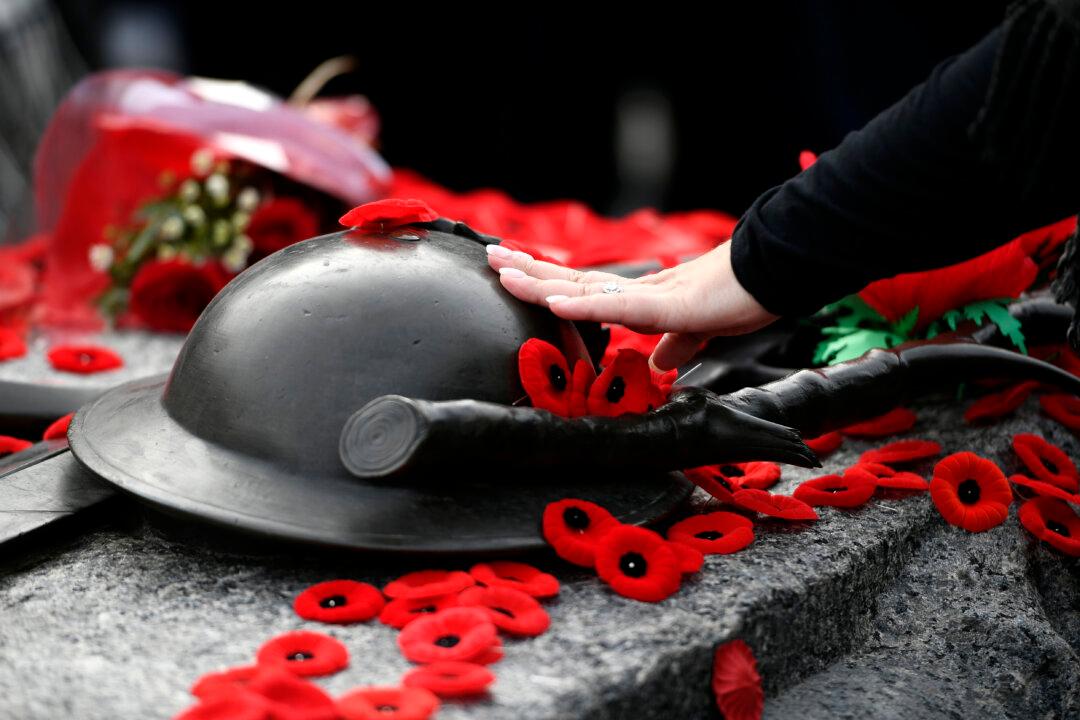Military chaplains participating in upcoming Remembrance Day ceremonies are still prohibited from reciting a prayer, a year after the new policy caused a stir.
After the introduction of the new directive in October 2023, backlash caused Chaplain General Brig.-Gen. Guy Bélisle to permit a one-time use of the previous policy allowing prayer for Remembrance Day that year. Bélisle also said he would strike a committee to review the new policy.





